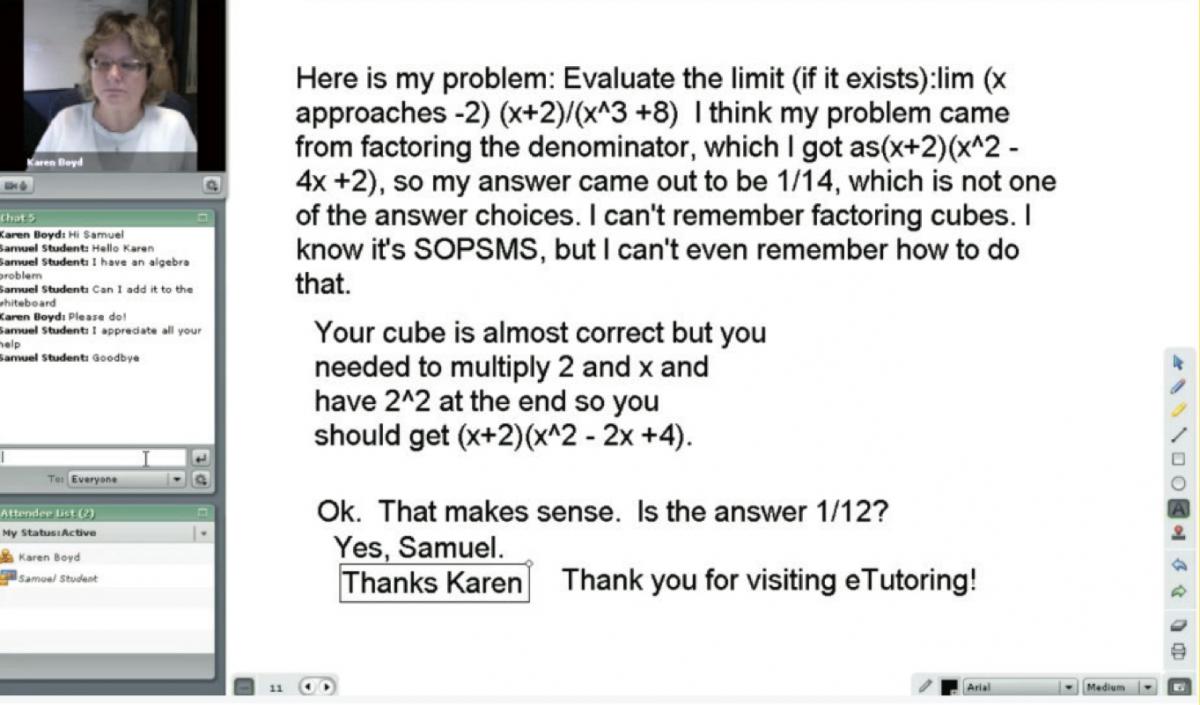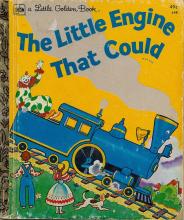Watty Piper’s classic message from 1930 in The Little Engine That Could is applicable today, more than eighty years later. Although the first time the phrase – “I think I can” – was found was in a 1902 Swedish journal, and again soon after, in 1906, in Reverend Charles Wing’s sermon to his Brooklyn congregation that had just paid off the church’s mortgage … most humans believe they are capable of greater achievements.
Students, regardless of their age or stage in life, want to succeed. Some have been told throughout the years they’ll never be able to do anything … they’re worthless … and these diminishing words become instilled in the learners’ psyches. But what if they learn they can do something, they can become contributing members of their communities and they do succeed?
Today’s learners arrive with different talents, interests and motives. Some of us learn best by hearing the directions read to us, while others depend on visual diagrams to explain complicated equations. And then there is the growing number of students who learn best by doing.
These kinesthetic learners – the doers – are most content with a wrench in one hand, a hand-held computer in another and a mess in front of them. They will solve the problem in half the time it takes others hours to complete. And the State of Ohio is collaborating with institutions, both public and private, to make certain these “students” have the skills and knowledge to get the jobs done.
One such effort is the award-winning Ohio eTutoring Collaborative. As part of the Ohio Technology Consortium’s eStudent Services division, learners can receive online assistance with their studies. By pooling the teaching talents of Ohio’s colleges and universities, students can log on to eTutoring and receive free online academic support in these subjects: Anatomy and Physiology, Biology, Chemistry, Calculus, Math, Physics, and Statistics. The widely used Writing Lab provides students with guidance on papers written for any undergraduate class.
 The Ohio eTutoring Collaborative tutors work alongside students to show them they CAN work through a difficult math problem, understand a biology concept, balance a chemical equation, and write the stories of their lives. The synchronous sessions between students and eTutors are mutually beneficial. The students gain insight on an academic subject, while the tutors learn how to communicate while utilizing technology. It makes the tutors more marketable as well.
The Ohio eTutoring Collaborative tutors work alongside students to show them they CAN work through a difficult math problem, understand a biology concept, balance a chemical equation, and write the stories of their lives. The synchronous sessions between students and eTutors are mutually beneficial. The students gain insight on an academic subject, while the tutors learn how to communicate while utilizing technology. It makes the tutors more marketable as well.
Another benefit of this technology is the way it brings Ohio’s colleges and universities together. Reduced budgets require creative spending, and forty schools currently share best practices, as well as tutors, to buoy Ohio’s students. These very students will be sitting in Board seats, running companies, voting on critical economic issues that will impact citizens years from now. Why not give them the best Sears Craftsman toolbox now to build their knowledge, skills and self-esteem?
Regardless of your stance on how education should be conducted, one must agree that technological advances allow humans to communicate with one another synchronously around the world. These advances provide time-efficient short cuts, and the technology allows us to discover how or why something works. Today’s child knows nothing of black and white televisions with antennas and three broadcast stations. They do, however, know how to manipulate a hand-held phone to show interested friends and families the pictures they took with their own phone while on safari in Africa.
Our world is getting smaller, while our horizons are stretching further. For the traditionalist, you can get on the train now and join the excitement because there’s no telling what you CAN DO utilizing technology.



